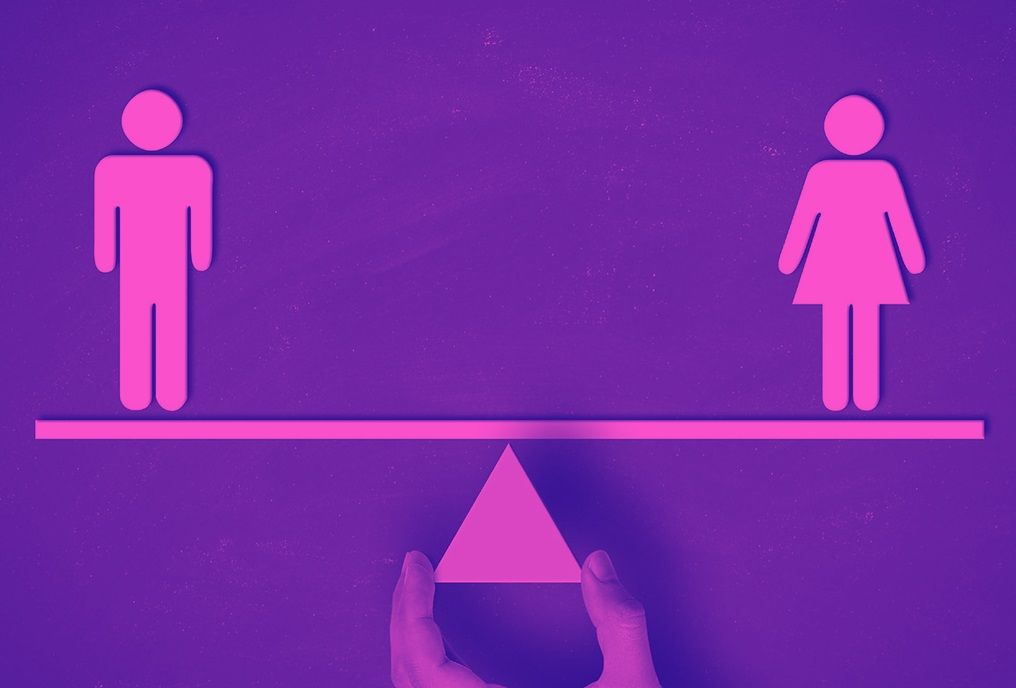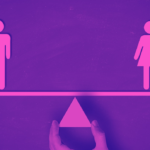How does e-learning promote gender equality?
At Pink Elephant EMEA, we celebrated International Women’s Day in style on LinkedIn, but it made us think more deeply about other aspects of promoting gender equality. We asked Pink UK’s Learning & Development Consultant, Nektaria Kriketou, how our Pink e-learning portal plays a vital role.

How does e-learning promote gender equality?

E-learning can provide access to education for women who may not have had the opportunity to attend school due to social, cultural, or economic barriers. Online courses and resources can be accessed from anywhere in the world, making education more accessible and inclusive.
Nektaria said:
“Through the Pink Portal, you can learn anytime, anywhere and at your own pace without having to sacrifice your career progression and skills enhancement due to your busy routines with family commitments.”
E-learning also provides flexibility in terms of learning schedules and locations, allowing women who have caregiving responsibilities or who live in rural areas to balance their education with other responsibilities.
Nektaria said:
“Working in developing e-learning content for globally recognised certification trainings and offering women the opportunity to achieve a good work/life balance while thriving in a male-dominated industry, is a real eye-opener!”
Further, our e-learning platform can incorporate gender-sensitive content that addresses issues related to gender inequality and promotes gender equity in the workspace in the IT Service Management industry. This can help break down stereotypes and biases that contribute to gender inequality.
Then there is the importance of a support network. The Pink Portal e-learning platform, which includes courses on ITIL 4, PRINCE2, COBIT and Agile Project Management, can provide opportunities for women to connect with other learners and mentors, creating supportive networks that can help to build confidence and self-esteem.
Finally, e-learning can provide women with the skills and knowledge they need to advance in their careers and break through the glass ceiling.
Overall, e-learning can play a crucial role in promoting gender equality by providing access to education, promoting gender-sensitive content, and creating supportive networks for women learners.
Nektaria said:
“It is a pleasure to be part of such undertaking empowering women to invest in their knowledge and lead their careers to the next level!”
